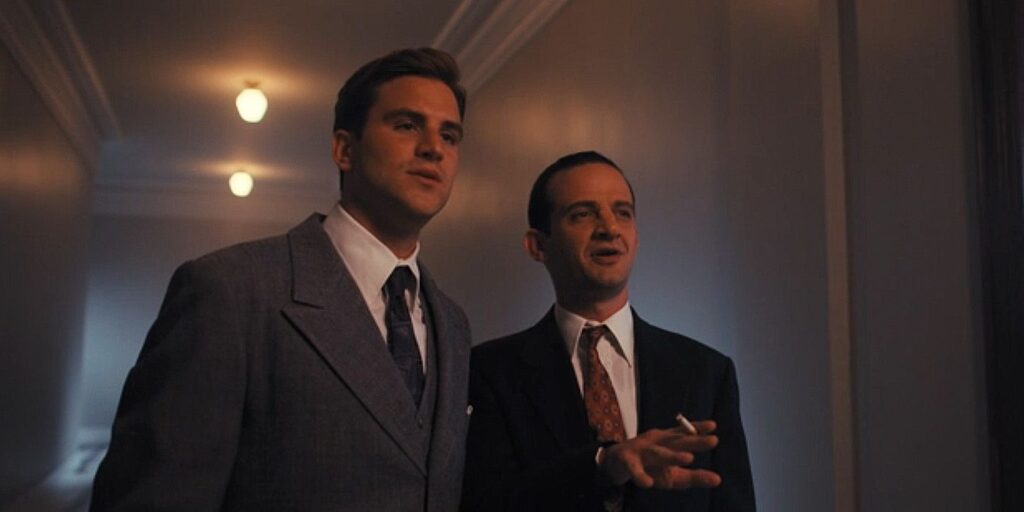Born into a wealthy family and heir to a hotel chain fortune, Gerard David Schine, commonly known as G. David Schine, emerged as a significant yet contentious figure during the 1950s McCarthy era. Schine’s trajectory into the political sphere was marked by his early life in New York, education at prestigious institutions like Harvard University, and brief military-related work. His fabricated claim of being a lieutenant in the Army, despite only holding a civilian role, hints at a propensity for self-aggrandizement and foreshadows his later controversial actions.
Schine’s foray into the political landscape was catalyzed by his publication of “Definition of Communism,” a six-page anti-communist pamphlet. Despite its factual inaccuracies, this pamphlet garnered attention, notably from Roy Cohn, who was then Senator Joseph McCarthy’s chief counsel. Cohn, captivated by the pamphlet’s message and possibly Schine’s social standing, drew him into McCarthy’s inner circle as an unpaid chief consultant. This association with Cohn and McCarthy propelled Schine into a realm of political influence, particularly in the Red and Lavender Scares that targeted alleged communists and homosexuals in the U.S. government.
A Controversial Alliance: Schine, Cohn, and McCarthy

Schine’s bond with Cohn deepened as they collaborated in McCarthy’s anti-communist campaign. Their alliance was underscored by a shared educational background and a mutual disdain for communism. This partnership was not without its dark undertones; it involved exerting significant influence over McCarthy’s investigations and engaging in practices that bordered on abuse of power. Their activities included touring Army bases to probe for mismanagement and communist influence, as well as participating in high-profile investigations, like that of the poet Langston Hughes .
However, it was Schine’s draft into the U.S. Army that ignited one of the era’s most significant controversies. Cohn’s desperate efforts to secure preferential treatment for Schine in the Army, including threats to “wreck the Army,” led to the infamous Army-McCarthy hearings. These hearings focused on the allegations that Cohn and McCarthy had exerted undue pressure on the Army to give Schine special treatment. The hearings unveiled a web of political manipulation and retaliation, painting a vivid picture of the era’s paranoia and power struggles.
The Army-McCarthy hearings, broadcast nationally, captivated millions of Americans. They laid bare the intense power dynamics and unethical practices prevalent in McCarthy’s anti-communist crusade. The hearings resulted in a public relations disaster for McCarthy and Cohn, eventually leading to McCarthy’s censure by the Senate and Cohn’s departure from Washington, D.C. For Schine, these events marked the end of his political endeavors, as he later sought a career away from the political spotlight.
In conclusion, David Schine’s story within the context of McCarthyism and his connection to Roy Cohn illuminates a complex narrative of ambition, political intrigue, and ethical ambiguity. His journey from a wealthy hotel heir to a central figure in one of America’s most turbulent political eras reflects a confluence of personal ambition and the era’s fraught political climate. Schine’s role in the McCarthy era, though often overshadowed by more prominent figures, remains a compelling chapter in the narrative of American political history.


